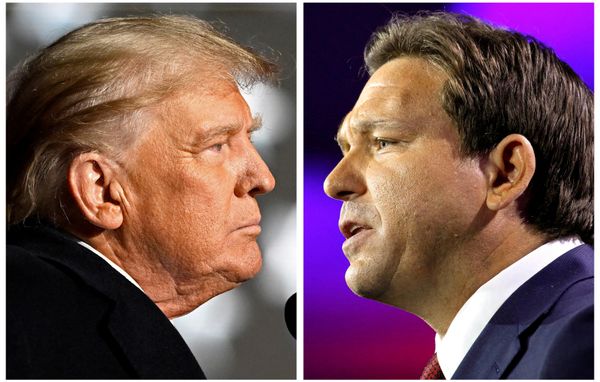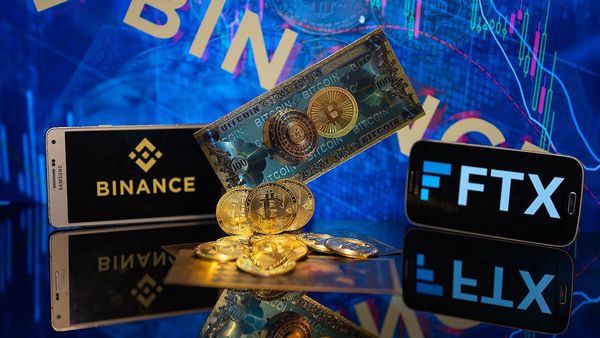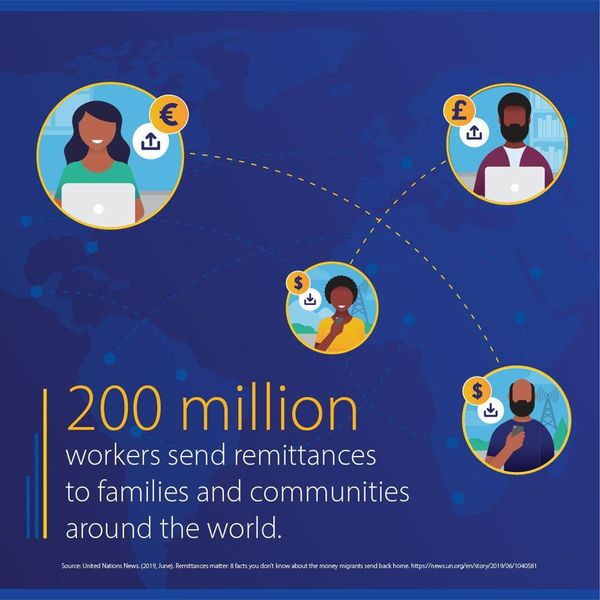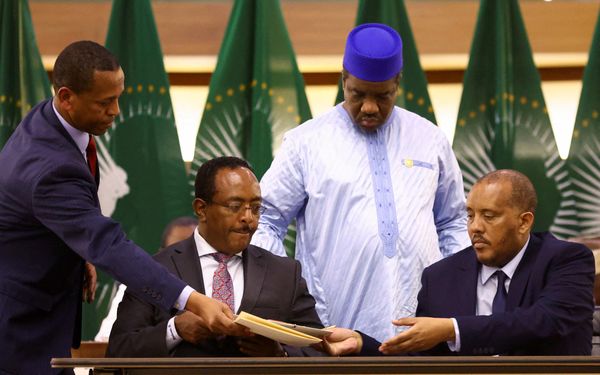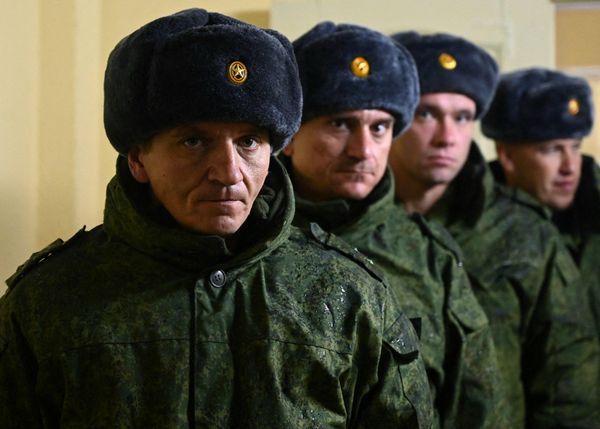For two years, it was one of the world’s most gruesome conflicts. Hundreds of thousands displaced, millions at risk of famine, and a rapidly shifting frontline that drew in neighboring countries and saw allegations of war crimes by both sides.
And then suddenly, last week, Ethiopia’s civil war, which pitted the federal government against separatists from the northern region of Tigray, seemed to end. Both sides agreed to a peace framework at talks in South Africa.
Why and what are the prospects for peace in Africa’s second most populous nation, a country that until recently was one of the world’s fastest growing economies?
First a refresher on how we got here: Tigray is home to 7 million of Ethiopia’s 120 million people. For decades the Tigrayan Popular Liberation Front, a political party, was top dog in Ethiopia’s dictatorship. But in 2018, a democratic popular revolution swept current Prime Minister Abiy Ahmed to power. Two years later, a dispute with the TPLF over the timing and legality of local elections turned ugly. The Tigrayans felt their autonomy was threatened, while Abiy saw a challenge to federal authority from an ethnic group accustomed to having more power. War broke out and quickly drew in troops from neighboring Eritrea who fought alongside Ethiopian forces.
Peace: why now? The Ethiopian federal government has been struggling with an economic downturn, soaring inflation, the worst drought in 40 years, and the increasing costs of waging a war against a well-armed adversary fighting on its home turf.
But it was the Tigrayans – exhausted by nearly two years of siege and bombardment, running low on food and munitions, and reeling from recent Ethiopian battlefield gains – who were desperate to stop the war, say analysts.
Growing pressure from an international community that saw the limits of its ability to influence Addis Ababa also played a role, according to Connor Vasey, an Ethiopia analyst with Eurasia Group
“In the end,” Vasey says, “time was on Addis Ababa’s side but not on Tigray’s.”
So what’s in the deal?
Given Addis Ababa’s advantages, the deal is a sweet one for PM Abiy. The Tigrayans must give up their heavy weapons, recognize the authority of the federal government again, and hold fresh elections under Ethiopian national laws. In exchange, the federal government would relax its siege of the region, allowing desperately needed aid and services to resume.
“The deal was a huge diplomatic and political victory for the federal government,” says William Davison, Ethiopia senior analyst at International Crisis Group. “It allows the prime minister to tell the world that the war is over and that financial assistance to his country should resume in a rapid and substantial way.”
What’s the catch? The biggest initial sticking point, analysts say, will be the terms of Tigrayan disarmament. Eritrean troops remain in Tigray, but that country, ominously, is not party to the peace deal at all. So long as those troops – as well as those from neighboring regions of Ethiopia, which are also nibbling away at Tigrayan territory – stick around, Tigrayans won’t feel secure enough to give up their heavy weapons.
But in that case, the federal government siege could remain partially or wholly in place, with devastating consequences for ordinary Tigrayans.
“One of the main fruits of this agreement,” says Davison, “would be relief for the Tigrayan population.” But if the disarmament talks fall through, “that may not actually be forthcoming.”
Human rights watchdogs, meanwhile, worry about accountability for crimes committed by both sides during the fighting. The current accord, says Amnesty International, “fails to offer a clear roadmap” for justice and “overlooks rampant impunity in the country.”
What to watch next: Military leaders from the two sides are currently negotiating disarmament terms in Nairobi, Kenya. By Friday evening, analysts say, it will be clear whether the fledgling peace has a chance. But given the uncertainty about Tigrayan security, and the lingering Eritrean wildcard, a durable end to the war could be a long shot yet.


